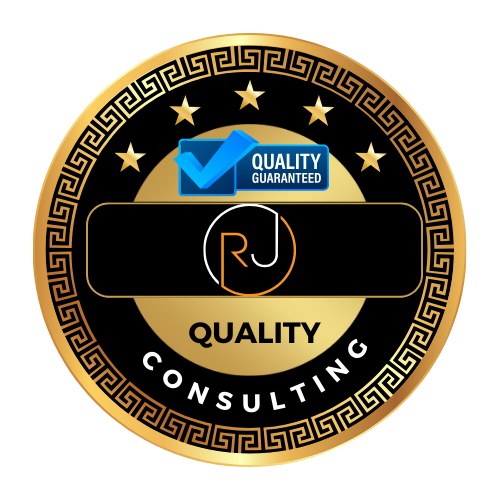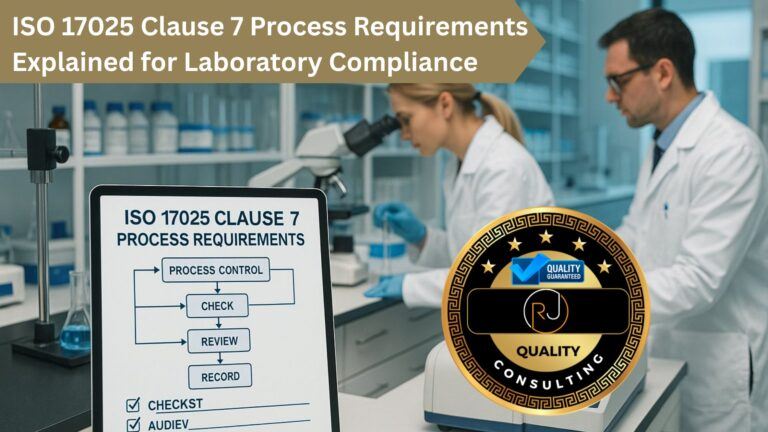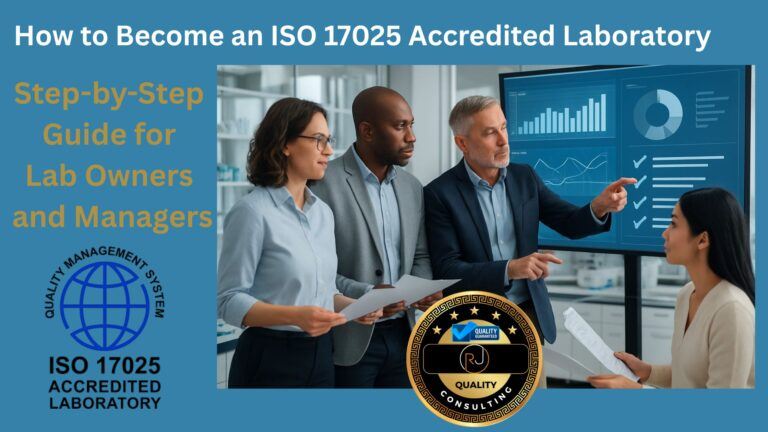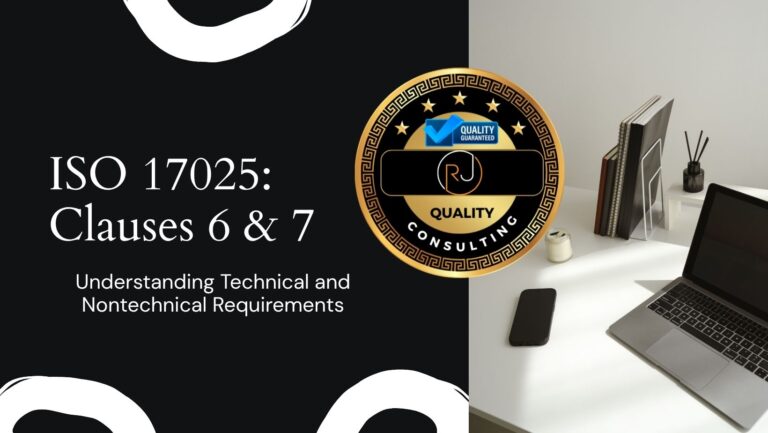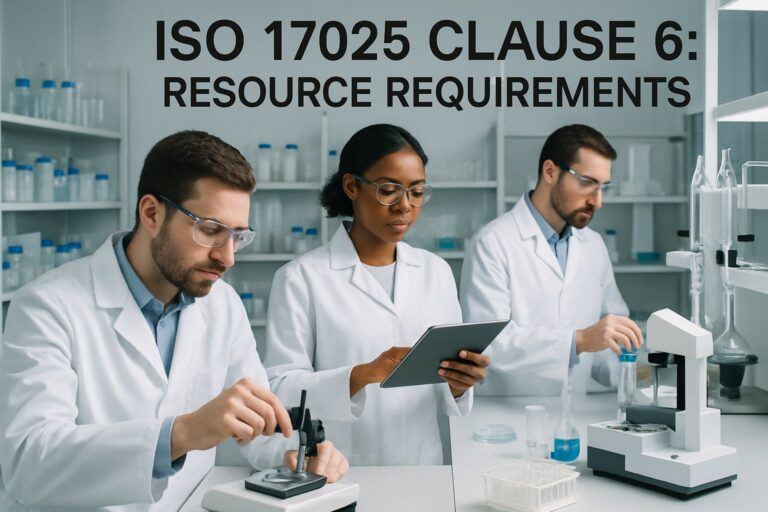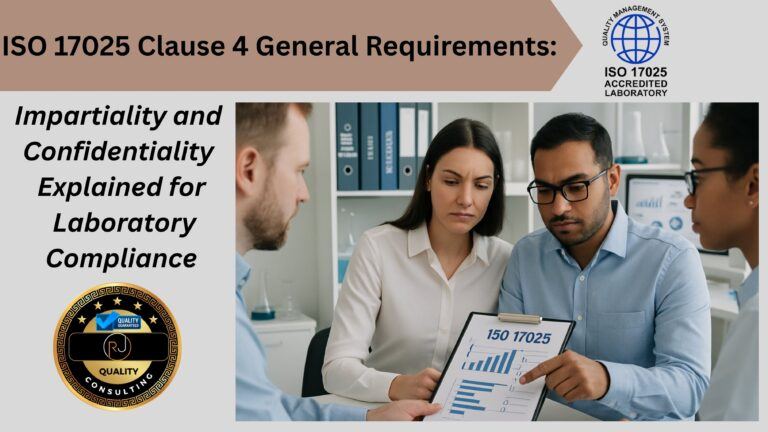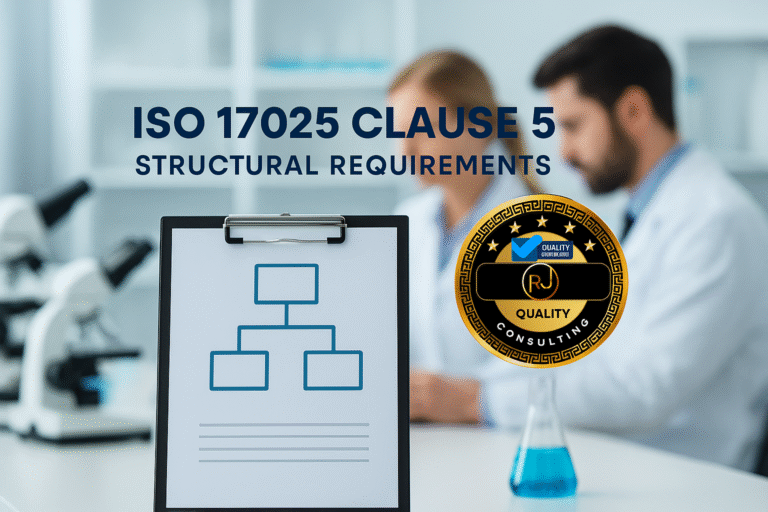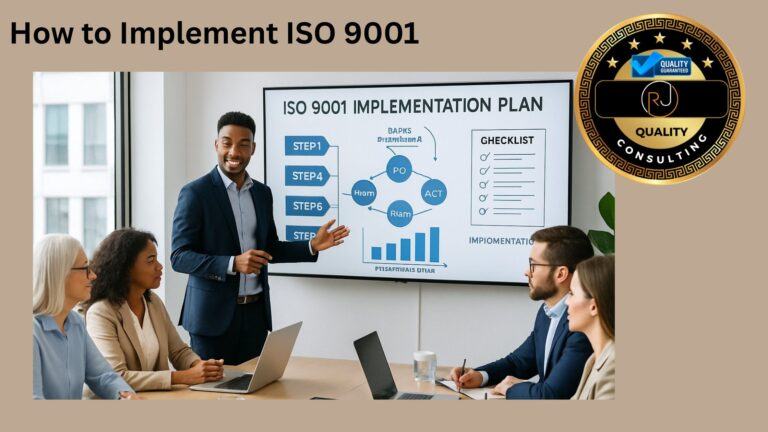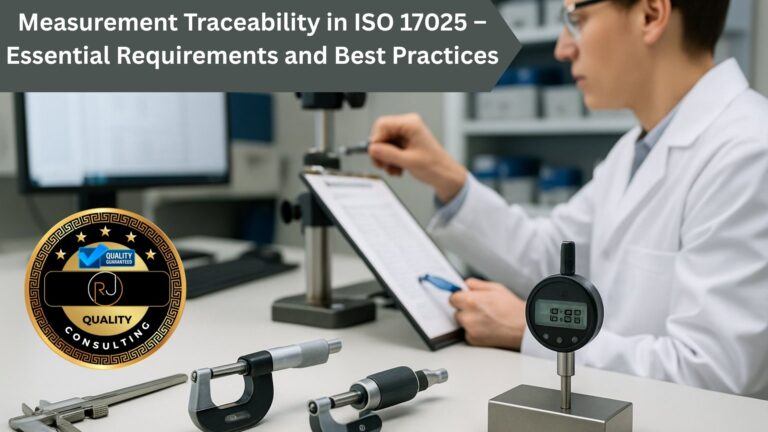ISO 17025 Clause 7 Process Requirements Explained for Laboratory Compliance
ISO 17025 Clause 7 spells out the process requirements that testing and calibration labs need to follow if they want reliable, consistent results. Basically, these requirements shape everything you do in the lab, from how you handle samples to the way you record and report your data. If you want your lab to earn a…
